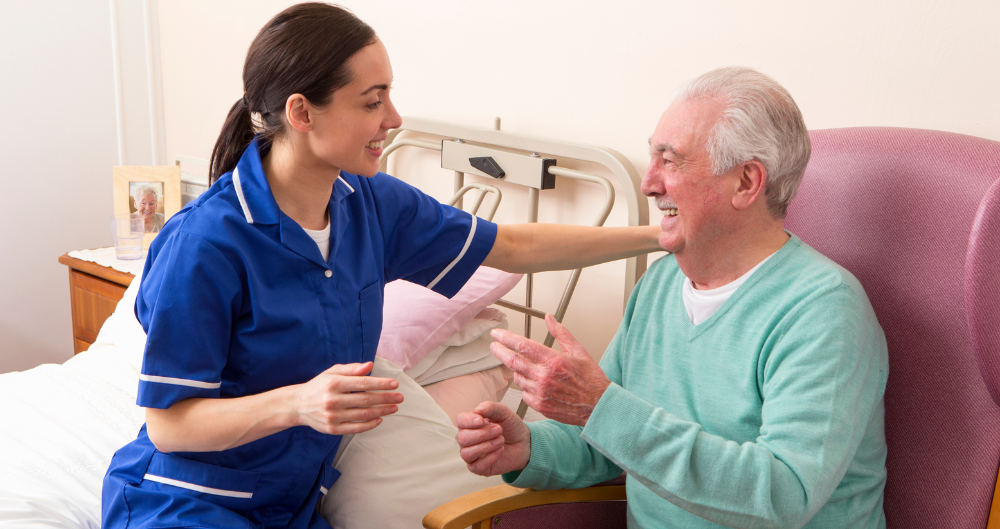How to Become an LPN in North Carolina (2025)

If you're looking for a fast track to a professional nursing career in North Carolina, becoming a Licensed Practical Nurse (LPN) is one of the smartest and quickest paths you can take. The state is home to over 45,000 of these essential nurses, who earn a median salary of $58,500 per year, according to the U.S. Bureau of Labor Statistics. This guide provides the definitive 5-step process for navigating North Carolina's specific training, testing, and licensing requirements to launch your nursing career in about one year.
5. Pursue Advanced Education
Your LPN license is a fantastic foundation for a long-term nursing career. North Carolina has many LPN-to-RN bridge programs that allow you to apply your LPN education and experience toward earning an Associate's Degree in Nursing (ADN) or a Bachelor of Science in Nursing (BSN) to become a Registered Nurse.
Where can I find LPN classes in North Carolina?
Dreambound, the largest platform for students to find and compare vocational training programs, can help you find LPN classes near you in North Carolina. Dreambound offers a comprehensive database of LPN programs, allowing you to research and compare options based on your location, program length, and other factors.
Career Paths and Opportunities after Becoming an LPN
As an LPN in North Carolina, you have a variety of career options and opportunities for growth:
- Long-Term Care: Many LPNs work in nursing homes and assisted living facilities, often taking on significant responsibilities.
- Clinic/Physician's Office: Work in a more stable, Monday-to-Friday environment providing direct patient care.
- Home Health: Provide one-on-one nursing care to clients in their own homes.
- Advanced Certifications: Earn certifications in areas like IV therapy or wound care to increase your skills and pay.
- Become a Registered Nurse (RN): The most common career advancement is to enroll in an LPN-to-RN bridge program.
Frequently Asked Questions
How long does it take to become an LPN in North Carolina?
It's very fast. Most full-time LPN diploma programs at North Carolina community colleges can be completed in just 10 to 12 months.
How much does LPN school cost in North Carolina?
LPN programs at North Carolina's community colleges are very affordable, with tuition and fees for the entire program typically ranging from $5,000 to $10,000 for in-state students.
Can you take LPN classes online in NC?
You cannot become an LPN entirely online because nursing is a hands-on profession. Many schools in North Carolina offer hybrid programs where you can complete lectures online, but you must attend all on-campus labs and off-site clinical rotations in person.
How much does an LPN make an hour in North Carolina?
The median hourly wage for an LPN in North Carolina is approximately $28.13 per hour, according to the latest BLS data from May 2024.
Final Thoughts
Becoming an LPN in North Carolina can be a rewarding and fulfilling career path. With the right education, certification, and job search strategy, you can find a fulfilling role in the healthcare industry and make a difference in the lives of your patients.
Dreambound offers a window into various career paths, so if you're considering a shift in your career, browse through these articles:

Athena is Co-founder and CEO of Dreambound.



